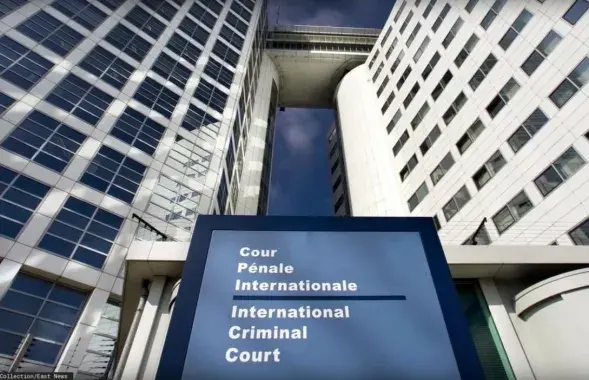Outing. Blackmail and imminent threat to life

Outing is a crime / collage by Vlad Rubanau, Euroradio
"I am affiliated with sexual minorities, […] I made abusive remarks about real men protecting the Republic of Belarus from external and internal threats".
It's a quote from a video published in late September by enforcers. A visibly shaken man is reading these words from a piece of paper. Then, he lists the names of his partners. Hardly willingly.
"Essentially, I am gay," says a young guy in another video like that published in the spring.

"As an instrument designed to discredit, outing is most effective when there's no one to stand up for the person," says Andrei Zavalei, a queer activist. "If the target is not openly gay, they don't have a supportive environment that could speak up in defense of their honor and dignity. For a person like that, the outing will be a hard blow."
Andrei says there's no point in an outing if a person is out. Besides, it's not that easy to hurt someone with social capital this way. It is part of why the problem was addressed only recently, after the very public arrests and "bombshell" admissions made on camera.
The outing is sometimes used "for the greater good in Western countries."
"There might be a boon for the LGBTQ+ community if a known homophobe is conclusively proved to be gay. We don't know if any real good comes from it, though. Another side of it is when one of our allies gets outed. Then, it's a two-edged sword. On the one hand, their reputation may suffer. On the other, it helps us mobilize and support each other, boosting our reputation. The consequences a step like that will bring are uncontrollable and unpredictable; there are too many unknown variables. Hard to be sure which ones you get."
Of course, it's entirely different when we're talking about outings done by the propaganda and enforcers.
"This is additional stress for someone who is already in a pretty vulnerable state. Say you are preparing to tell your friends, loved ones, and family. Perhaps, somewhere in the future. And then the ground is taken from under your feet," says Andrei. "This is a potent weapon, and that's how a machine of terror works – they look for our weak spots and our secrets to using them against us.".
Demand for homophobia

Mikhail Kirilyuk, a lawyer responsible for justice issues at the NAM, explains that general law does not have the term "outing." What it does have is "forced confession."
"They're not telling everyone of the person's sexual orientation but rather make the person do it on camera. Nobody would assume someone's acting of their own volition. Because if it is done willingly, then there's nothing to analyze. A person told us something private, so what? But if a confession is made under duress, this is a whole new set of criminal charges."
The lawyer elaborates that in videos like that, a person is speaking about sexual orientation and mentioning other things that are criminally punishable according to the enforcers—like, sending any information to Anton Matolka, who is considered a terrorist by the government.
This way, Criminal Code can be broken. One, abuse of power or authority. Two, article 394 of the Criminal Code, which is coercion to evidence by using threats, blackmail, or other illegal acts. These two articles might result in up to 10 years in prison. But if one were to prove torture (art. 128 of the Criminal Code – Crimes against the safety of humankind), the punishment would be up to 25 years in prison, a life sentence, or the death penalty.
"In the future, when it's possible, we'll have to interview the witnesses and the victim, analyze the documents and determine what kind of violence was used and why," says Mikhail.


















